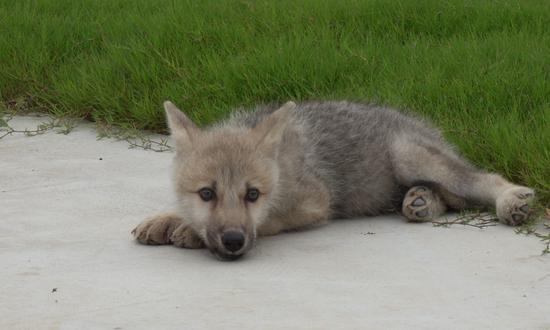
The world's first cloned wild arctic wolf - Maya - lies beside a lawn, as shown in a video released by the Beijing-based Sinogene Biotechnology Co on Monday marking the debut of the wolf 100 days after its birth in a Beijing lab. (Photo/Courtesy of Sinogene Biotechnology Co)
A Beijing-based gene firm on Monday announced the debut of the world's first cloned wild arctic wolf via video, 100 days after its birth in a Beijing lab. Experts said its birth pioneers the breeding of more rare and endangered animals through cloning technology.
"To save the endangered animal, we started the research cooperation with Harbin Polarland on cloning the arctic wolf in 2020. After two years of painstaking efforts, the arctic wolf was cloned successfully. It is the first case of its kind in the world," Mi Jidong, the company's general manager of the Beijing-based Sinogene Biotechnology Co, said at a press conference in Beijing.
The birth of the world's first cloned wild arctic wolf is a milestone for the application of cloning technology, which is of great significance to the conservation of rare and endangered animals and biodiversity, experts believe.
Born on June 10, the wolf, named Maya, is in very good health, as the video showed. Its donor cell came from the skin sample of a wild female arctic wolf, which had been introduced from Canada to Harbin Polarland. Its oocyte was from a female dog and its surrogate mother was a beagle, according to Zhao Jianping, the company's deputy general manager.
The cloning of the arctic wolf was accomplished by constructing 137 new embryos from enucleated oocytes and somatic cells, followed by the transfer of 85 embryos to the uteri of seven beagles, of which one was born as a healthy wolf - Maya, Zhao noted.
The selection of a dog as Maya's surrogate was made because dogs share genetic ancestry with ancient wolves and it's more likely to succeed through cloning technology, experts said.
He Zhengming, the head of Chinese Experimental Animal Resources Research Institute for Food and Drug Control, told the Global Times on Monday that the cloned animals still have the ability to reproduce if they have intact fertilized eggs. The cloning technology can copy all genetic information for selective breeding, and in this way, it diversifies the population of endangered animals.
From the world's first mammal clone "Dolly," cloning technology has provided the possibility to diversify the populations of some species such as cattle, pigs and horses. When endangered species in some places are identified, cloning of cells preserved from freezing technologies could also generate new life, experts said.
As part of a more concrete step to boost the breeding of more rare and endangered animals through cloning technology, the Sinogene Biotechnology Co and Beijing Wildlife Park announced plans on Monday to build a partnership on gene seed preservation cloning technology applications in rare and endangered wild animals.
Gao Wei, the deputy manager of Beijing Wildlife Park, told the Global Times that the partnership with the gene firm offers Beijing Wildlife Park one more path to preserve rare and endangered species when artificial reproduction cannot be made. Currently, no specific projects between the two are being launched.
Enhanced efforts for the protection of endangered wildlife species and their habitats are part of the goals of the country's national development plan for the 14th Five-Year Plan period (2021-25), according to the National Forestry and Grassland Administration.
However, some raised controversy relating to the cloned arctic wolf. Sun Quanhui, a scientist from the World Animal Protection organization, told the Global Times that cloning technology has made great progress since its birth, but it is still being perfected and in the exploratory stage of research, and there are many technical and ethical issues that need to be addressed and treated with caution.
Sun proposed several questions: Are there health risks associated with cloned animals? Under what circumstances is it permissible to clone animals? How much does cloning affect biodiversity? He believed cloning needs to be considered only for endangered wild animals whose species are extinct, or whose wild populations are extinct and whose captive populations are very limited.
The cloned wolf now lives with her surrogate beagle in a lab of Sinogene in Xuzhou, East China's Jiangsu Province, and later she will be delivered to the Harbin Polarland, Northeast China's Heilongjiang Province and displayed to the public.
Dai Rui, the general manager of the Harbin Polarland, said that the cloned wolf would live by herself in the park in the initial stage because she may not be able to adapt to original arctic wolf groups. The birth of Maya continues the life of the wild female arctic wolf, which was introduced from Canada in 2006 and died of old age in 2021, whose name was also Maya.
The Global Times learned from Zhao that another male cloned arctic wolf is expected to be delivered on Thursday.
The International Union for Conservation of Nature, or the IUCN, lists arctic wolves as endangered in the Red List of Threatened Species. In China, arctic wolves are introduced from overseas and they are bred in zoos.









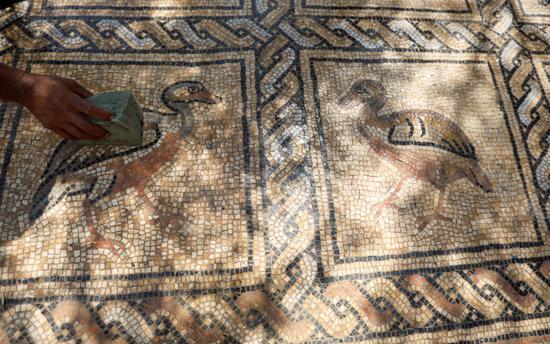
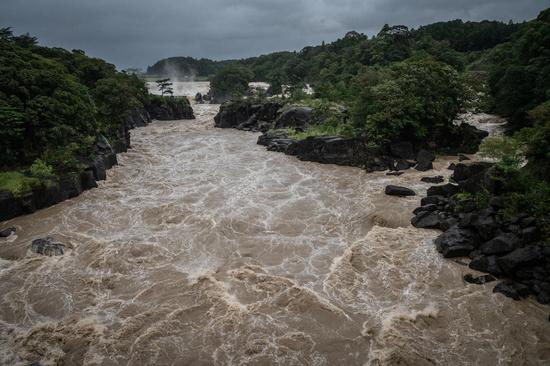






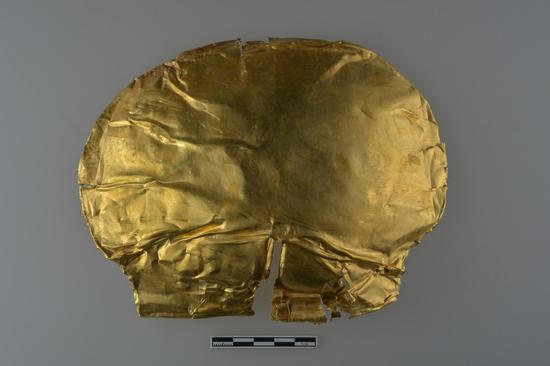



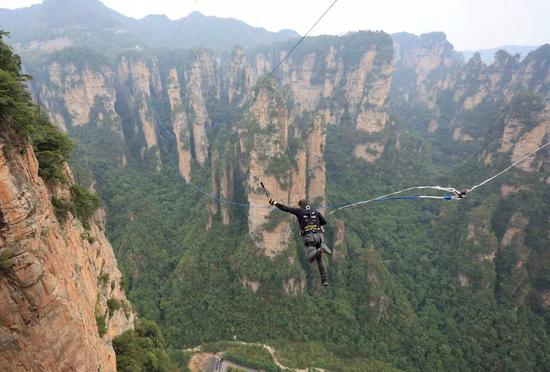


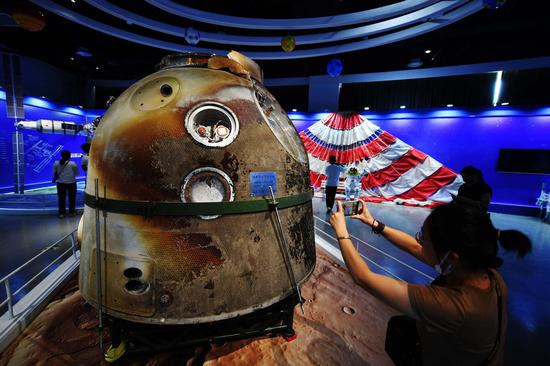



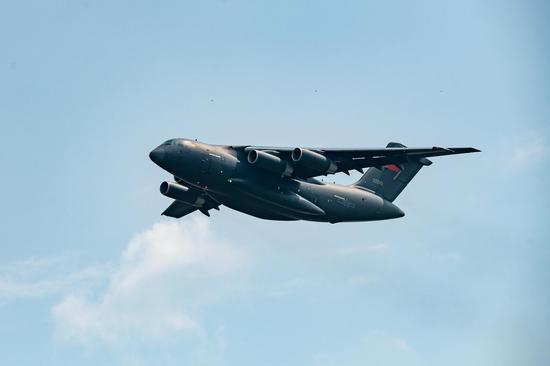
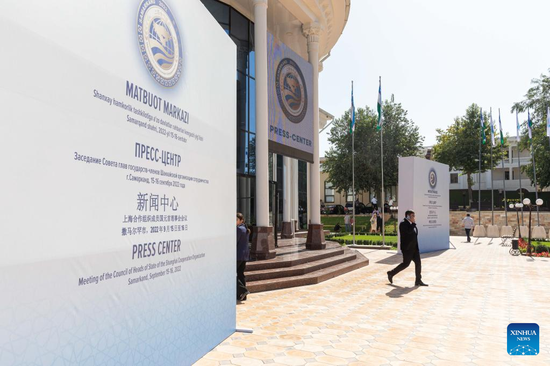
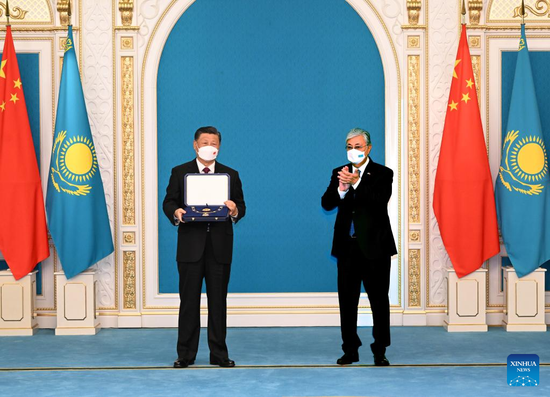

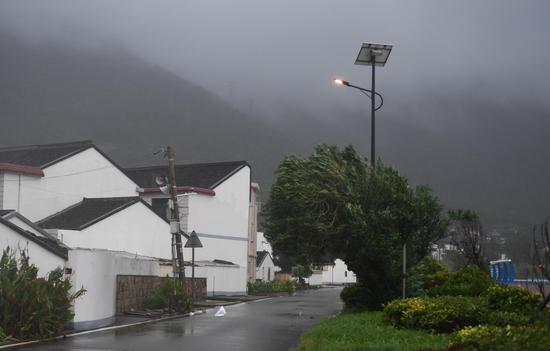
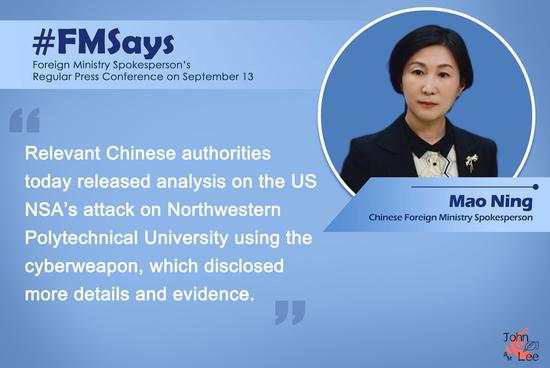
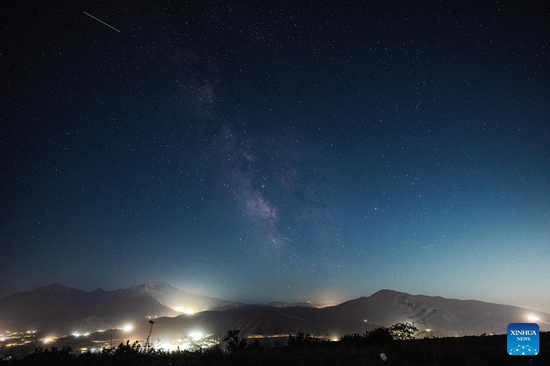
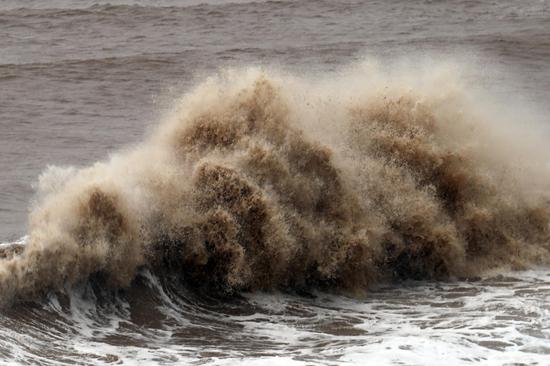
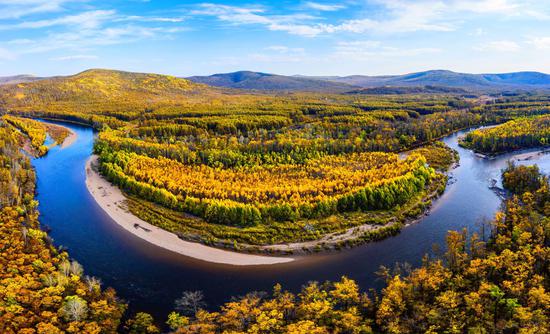
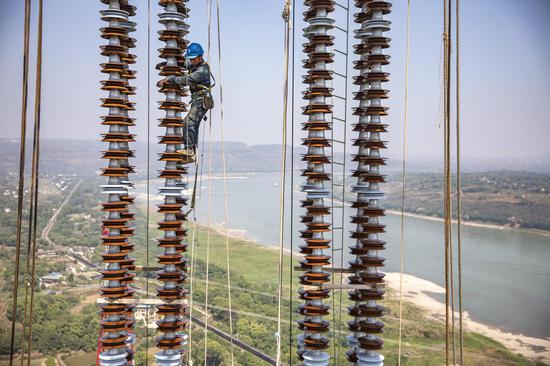

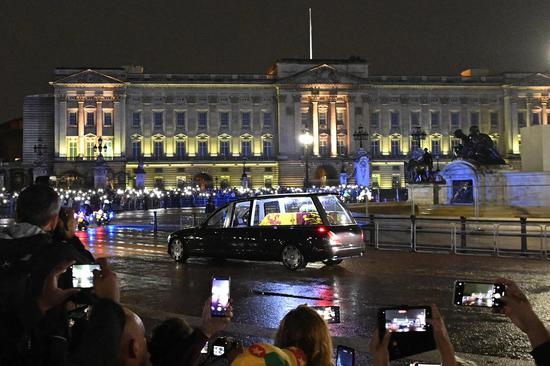


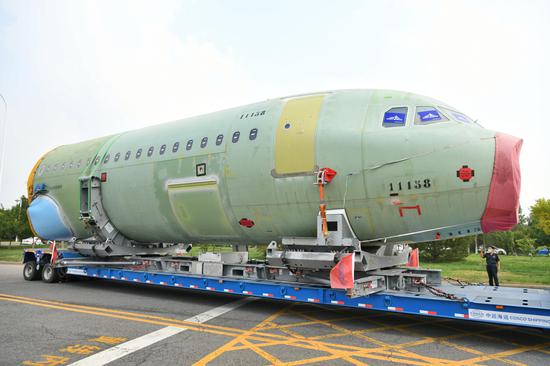







 京公网安备 11010202009201号
京公网安备 11010202009201号